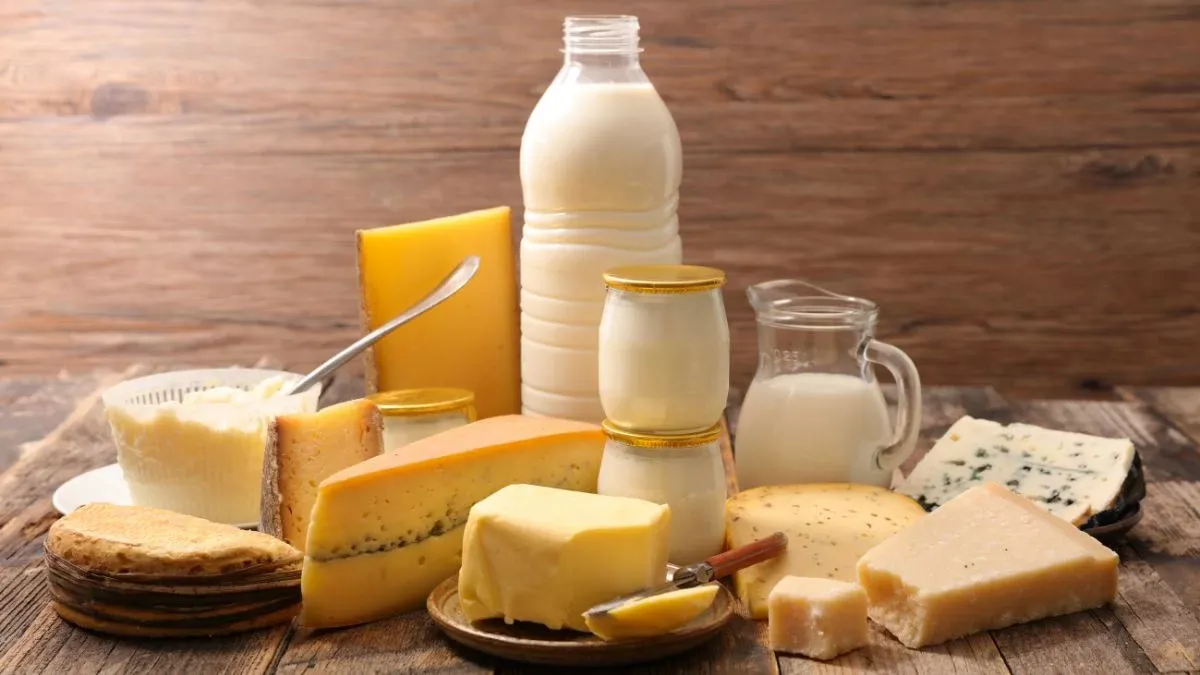
What to Eat and Drink After GI Surgery: A Recovery Guide
After gastrointestinal surgery, your diet is critical to aid recovery and minimize complications. Because the digestive system is delicate post-operation, knowing what to eat and drink after gastrointestinal surgery is essential. Many patients experience side effects such as reduced appetite, diarrhea, feelings of fullness after only small amounts of food, and deficiencies in vitamins and minerals. Here’s a guide on foods to eat after gastrointestinal surgery.
Post-Surgery Nutritional Care
Initially, your surgeon will likely recommend starting with a clear fluid diet to ease your digestive system back into normal function.
What should you drink after your gastrointestinal surgery:
- Water: Ensures hydration without burdening the stomach.
- Clear fruit juices: Juices such as apple or cranberry juice provide some calories and refreshment without the fiber that solid foods contain.
- Broth: Chicken or vegetable broth can offer some nutrients and warmth, which can be comforting post-surgery.
- Tea and coffee: Without milk or cream, these can provide a comforting, warm beverage that is gentle on the stomach.
- Gelatin and popsicles: These can soothe the throat if you were intubated during your operation and provide a small amount of energy.
As you progress, you may move to a full fluid diet, which includes everything in the clear fluid diet plus items that are slightly more substantial but still easy to digest:
- Milk and yogurt: These provide calcium and protein.
- Puddings and milkshakes: These can be a treat that also offers some nutritional value.
- Creamy soups: Ensure they are well-blended with no solid pieces to maintain ease of digestion.
- Nutrition supplements: Ensure or Boost can give you a balanced range of nutrients when solid food intake is limited.
Foods to Avoid Initially
To prevent aggravating your digestive system, certain foods should be avoided in the weeks following your surgery:
- Spicy foods: These can irritate the digestive tract and cause discomfort.
- Raw vegetables and high-fiber foods: Difficult to digest and can cause gas, bloating, and other digestive issues.
- Fried and fatty foods: Can exacerbate any diarrhea symptoms.
- Caffeinated beverages and alcohol: Stimulants that can disturb digestion and might interact with medications.
Smart Eating Strategies for Recovery
To help transition back to your regular diet, consider these tips:
- Eat small, frequent meals: Large meals can overwhelm your digestive system.
- Stay hydrated: Aim for 8 cups or more of fluid daily unless otherwise directed by your doctor.
- Incorporate protein at every meal: Protein aids in healing and infection prevention.
- Chew your food thoroughly and eat slowly: This will help with digestion and prevent discomfort.
Your Path to Recovery
Navigating your diet after gastrointestinal surgery doesn’t have to be a solitary journey. For personalized guidance and support through your recovery, contact us. If you’re looking for expert gastrointestinal surgery in Baltimore, contact Ascension Saint Agnes. We offer a comprehensive approach to recovery, focusing on minimally invasive techniques to ensure the best outcomes for our patients.